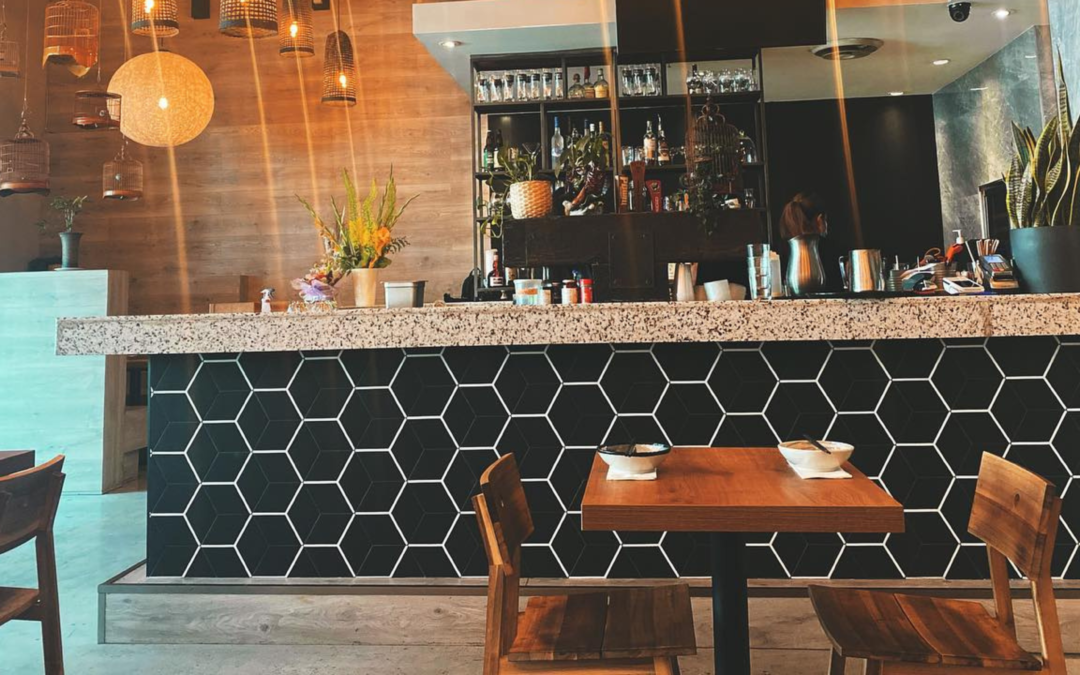When purchasing custom hotel furniture, several considerations come into play to ensure the pieces meet the establishment’s specific needs and aesthetic requirements. Custom hotel furniture offers the opportunity to create a unique and tailored atmosphere that reflects the hotel’s brand identity and enhances the overall guest experience. Here are some key factors to consider when buying custom hotel furniture:
Design and Aesthetics
Custom hotel furniture should align with the hotel’s design theme, decor style, and brand image. Work closely with experienced designers or furniture manufacturers to develop furniture designs that reflect the desired ambiance and character of the hotel. Consider factors such as color schemes, materials, finishes, and architectural elements to create cohesive and visually appealing furniture pieces that enhance the hotel’s overall atmosphere.
Functionality and Practicality
In addition to aesthetics, custom hotel furniture must be functional and practical to meet the needs of guests and staff. Consider the intended use and placement of furniture pieces within various areas of the hotel, including guest rooms, lobbies, dining areas, and outdoor spaces. Ensure that custom furniture designs prioritize comfort, durability, and ergonomic considerations to provide hotel guests with a seamless and enjoyable experience.
Quality and Durability
Invest in high-quality materials and craftsmanship to ensure the durability and longevity of custom hotel furniture. Choose furniture manufacturers or suppliers with a reputation for excellence in construction and attention to detail. Select materials such as hardwoods, high-grade upholstery fabrics, and commercial-grade finishes that can withstand the rigors of daily use in a hospitality environment. Quality furniture ensures the investment pays off over time and maintains its aesthetic appeal with minimal maintenance.
Customization Options
Custom hotel furniture offers the flexibility to tailor designs to specific preferences and requirements. Explore customization options such as custom sizing, finishes, upholstery, and hardware details to create unique furniture pieces that reflect the hotel’s distinct personality and style. Work closely with designers or manufacturers to incorporate branding elements, logos, or motifs into the furniture designs to reinforce the hotel’s identity and create a memorable guest experience.
Budget and Cost Considerations
Develop a clear budget for custom hotel furniture projects and prioritize investments based on the most significant impact and importance areas. Discuss budget constraints and cost considerations with furniture suppliers or manufacturers to explore options that offer the best value without compromising quality or design integrity. Consider long-term savings and return on investment when deciding on custom furniture purchases to ensure alignment with the hotel’s financial objectives.
Timelines and Project Management
Custom hotel furniture projects require careful planning, coordination, and management to ensure successful execution and delivery. Establish clear timelines and milestones for the project’s design, manufacturing, and installation phases. Communicate effectively with all stakeholders, including designers, manufacturers, contractors, and hotel staff, to maintain transparency and accountability throughout the process. Monitor progress closely and promptly address any issues or concerns to keep the project on track and within budget.
In conclusion, buying custom hotel furniture involves carefully considering design, functionality, quality, customization options, budget, and project management. By prioritizing these factors and working closely with experienced professionals, hotels can create custom furniture pieces that elevate the guest experience, enhance the hotel’s ambiance, and reinforce its brand identity. Custom hotel furniture offers the opportunity to create memorable and distinctive spaces that set the hotel apart and leave a lasting impression on guests.

